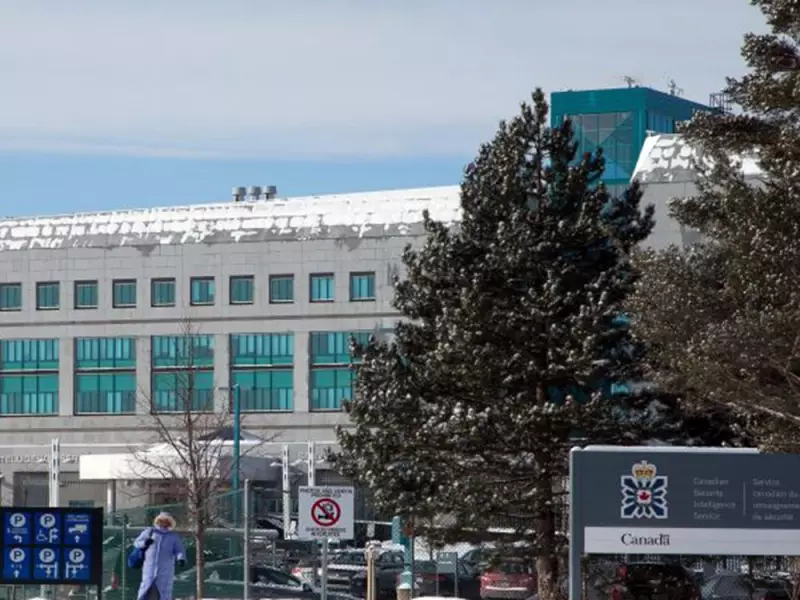
In a surprising move that has raised eyebrows across political and security circles, the upcoming 2025 federal budget includes substantial funding reductions for Canada's intelligence oversight bodies. These cuts come at a time when national security threats are becoming increasingly complex and sophisticated.
Which Agencies Are Facing Reductions?
The budget documents reveal targeted cuts to several key oversight organizations:
- The Office of the Intelligence Commissioner, responsible for reviewing the legality of sensitive intelligence activities
- The National Security and Intelligence Committee of Parliamentarians (NSICOP)
- The National Security and Intelligence Review Agency (NSIRA)
Why These Cuts Matter for Canadians
These oversight bodies serve as crucial checks and balances on Canada's intelligence community, including CSIS and the Communications Security Establishment (CSE). Their reduced funding could impact their ability to:
- Conduct thorough reviews of intelligence operations
- Ensure compliance with privacy laws and civil liberties
- Provide transparent reporting to Parliament and the public
- Investigate complaints about intelligence activities
Timing Raises Questions
The budget reductions are particularly noteworthy given recent global security challenges and increasing concerns about foreign interference in Canadian affairs. Security experts warn that weakening oversight mechanisms could undermine public trust in intelligence institutions at a time when confidence in these agencies is paramount.
Critics argue that robust oversight is essential for maintaining the delicate balance between security needs and democratic values. They question whether these cuts represent a strategic shift in how Canada approaches intelligence accountability.
As Parliament prepares to debate the budget, the intelligence watchdog funding reductions are expected to face significant scrutiny from opposition parties and civil liberties organizations alike.





